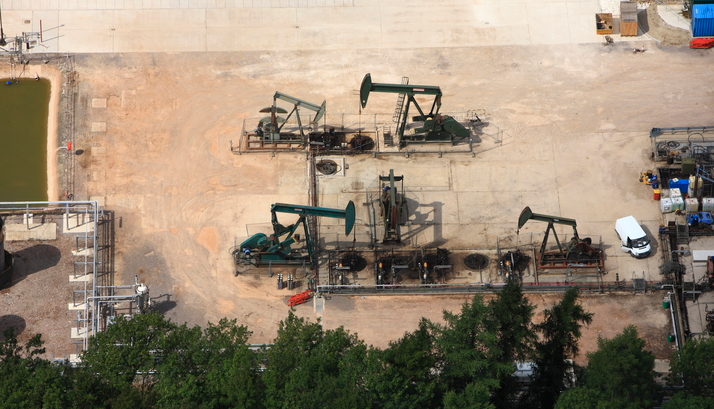IGas has confirmed it is part of a consortium of academics and industry to turn exhausted oil and gas wells into test sites to bury carbon dioxide and store hydrogen.

The Net Zero Rise initiative also involves Third Energy, along with researchers from Newcastle, Oxford and Durham universities.
In a statement today, IGas said the project aimed to repurpose existing oil and gas wells for carbon sequestration, hydrogen storage and closed-loop geothermal technology.
Net Zero Rise said the project would “explore the challenges and opportunities” for subsurface technologies to help meet the UK’s aim of net zero emissions by 2050.
The initiative said it would provide “safe, accessible and cost-effective facilities”. It would innovate, develop and test technologies and explore carbon and hydrogen storage and geothermal exploitation.
DrillOrDrop reported earlier this year on Third Energy’s vision to reuse sites in the Vale of Pickering for geothermal heat, battery storage and solar power.
This autumn, IGas submitted planning applications to make grey hydrogen (without carbon capture and storage) at its existing sites in Surrey at Bletchingley and Albury
IGas has also joined a project at Bacton in Norfolk to produce blue hydrogen from methane, using CCS.
IGas chief executive, Stephen Bowler, said:
“IGas continues to leverage its existing operational expertise as the UK’s largest onshore operator and use its existing assets and skill set to play an important role in the UK’s transition to net zero.
“The UK onshore regulatory regime is complex and comprehensive and we have a strong track record of responsible and safe development and ongoing compliance. IGas brings extensive experience of developing complex energy projects to the Bacton project.”
The Guardian reported earlier this week that Net Zero Rise had identified 20 candidate wells, mainly in Yorkshire and the Midlands.
Net Rise Zero said a CCS test site would bury about 1,000 tonnes of CO2 at a depth of 1-3km. It estimated the cost of repurposing a well, plus two monitoring wells and monitoring equipment would be about £5m.
On hydrogen, Net Zero Rise estimated the UK would need 12TWh-51TWh of storage to deal with government plans for 5GW low carbon hydrogen production by 2030.
It said:
“We will work with industry partners and the UK supply chain to look for innovative solutions to the challenge of H2 storage in porous rocks. Our test sites will be used to develop new technologies to support the UK’s H2 supply chain.”

Are they going to bury the CO2 as a gas or as a solid? If they say a gas I don’t believe they are going to succeed as old wells are seldom capped successfully.
It would be far better and more beneficial to frack Shale gas onshore in the UK and store CO2 and Hydrogen offshore where the injectivity and capacity is higher.
Use the co2 in a geothermal and/or solarthermal system.